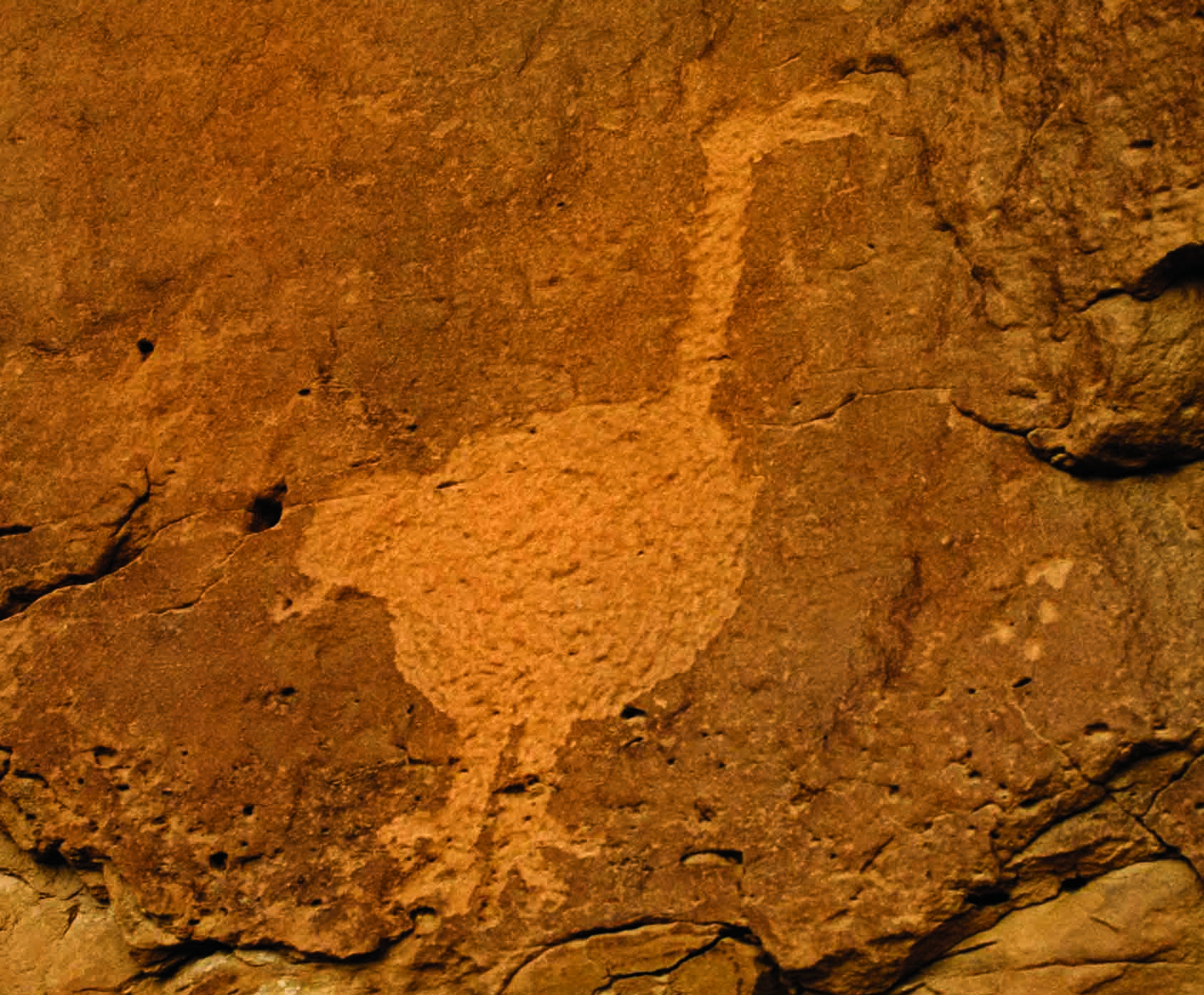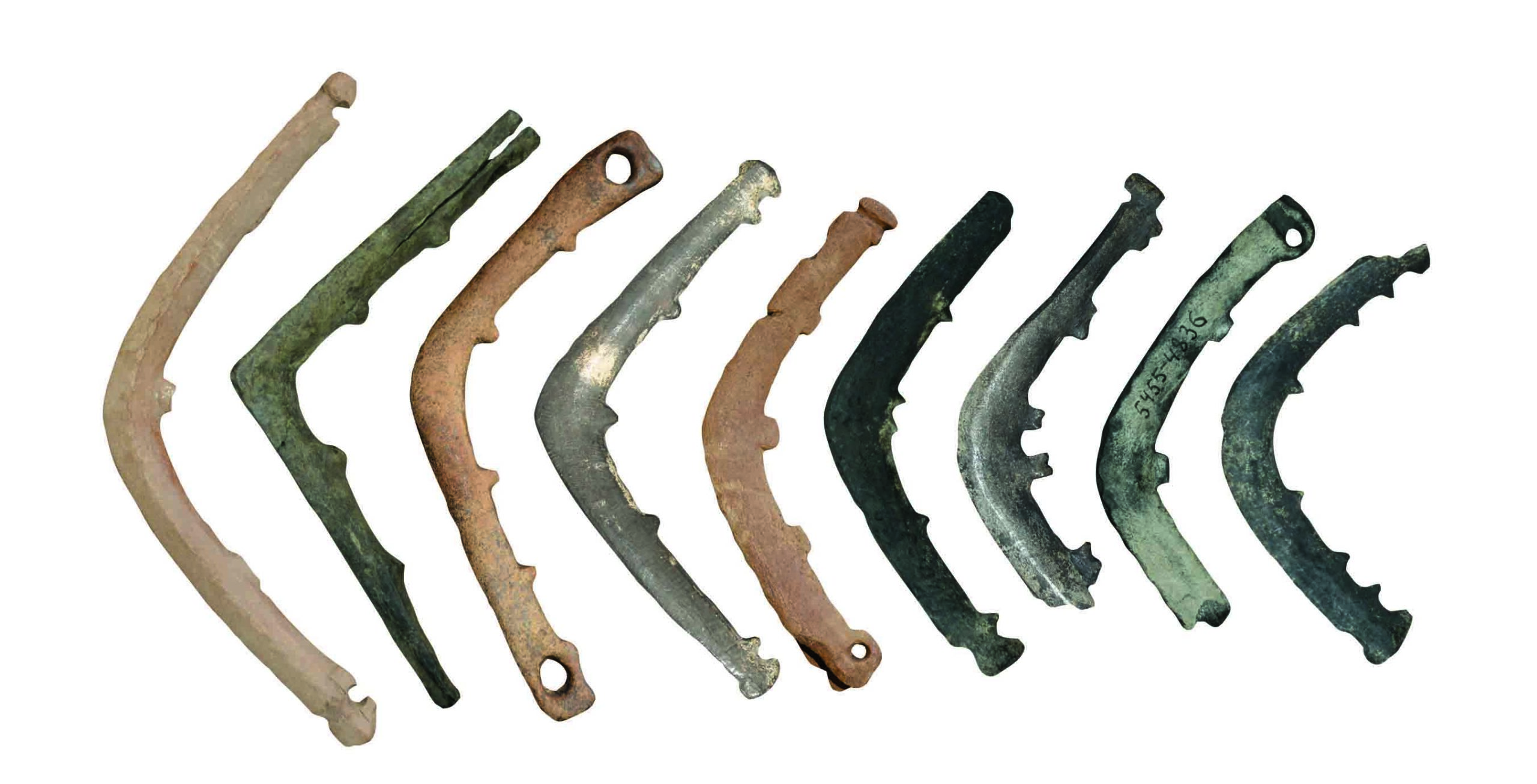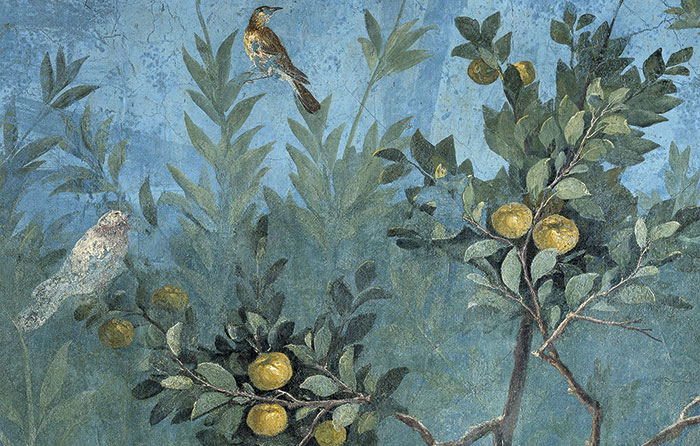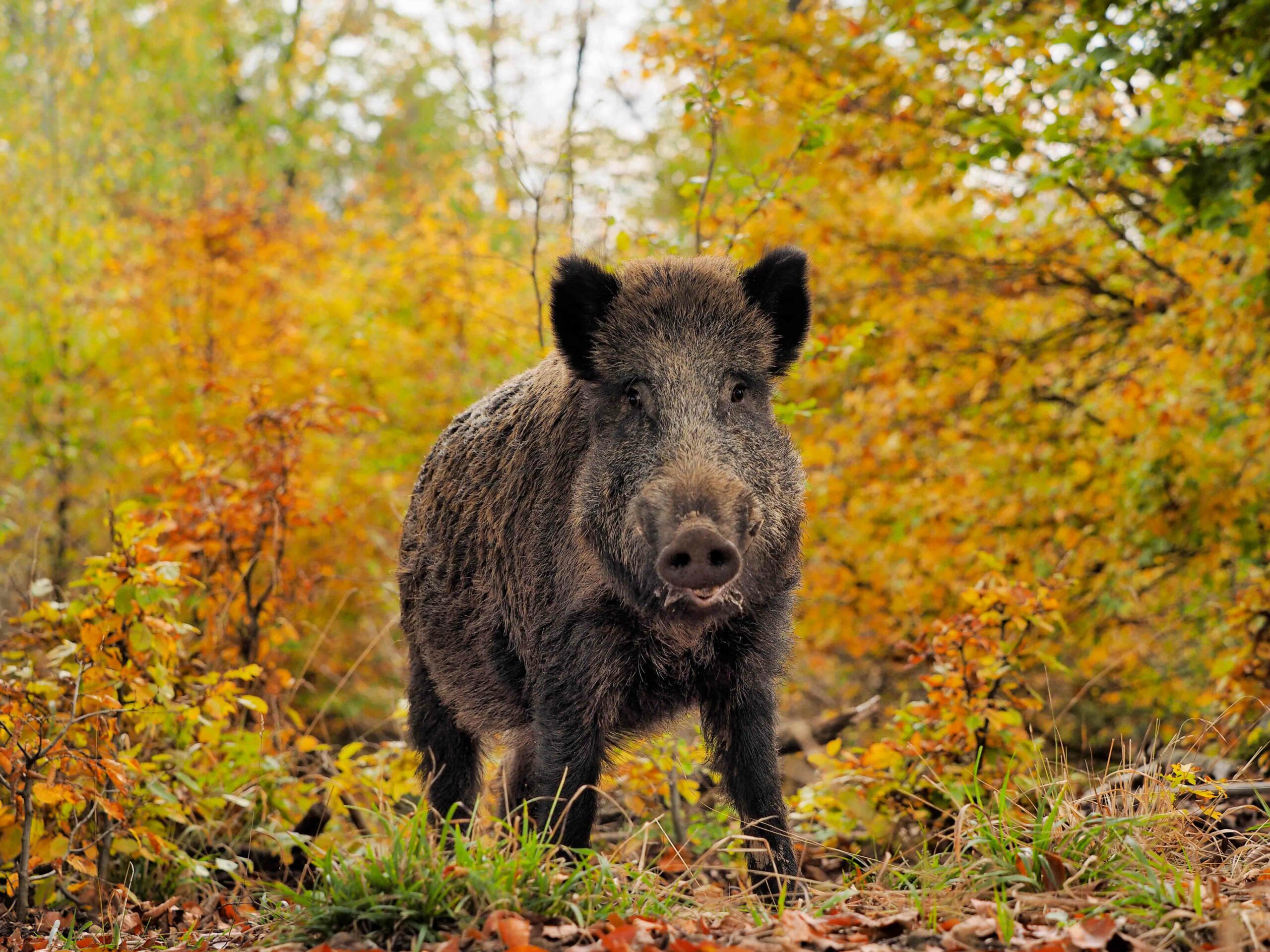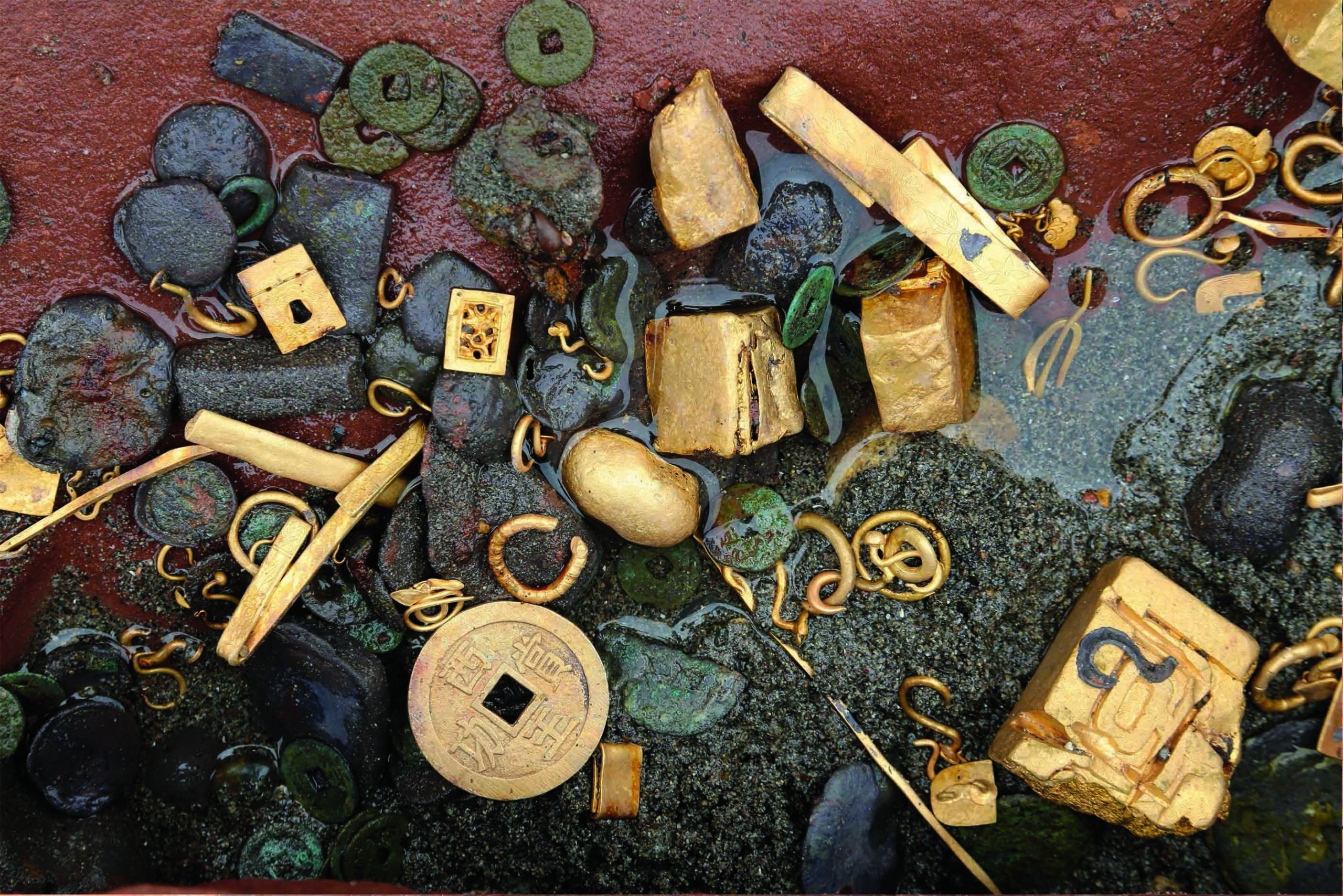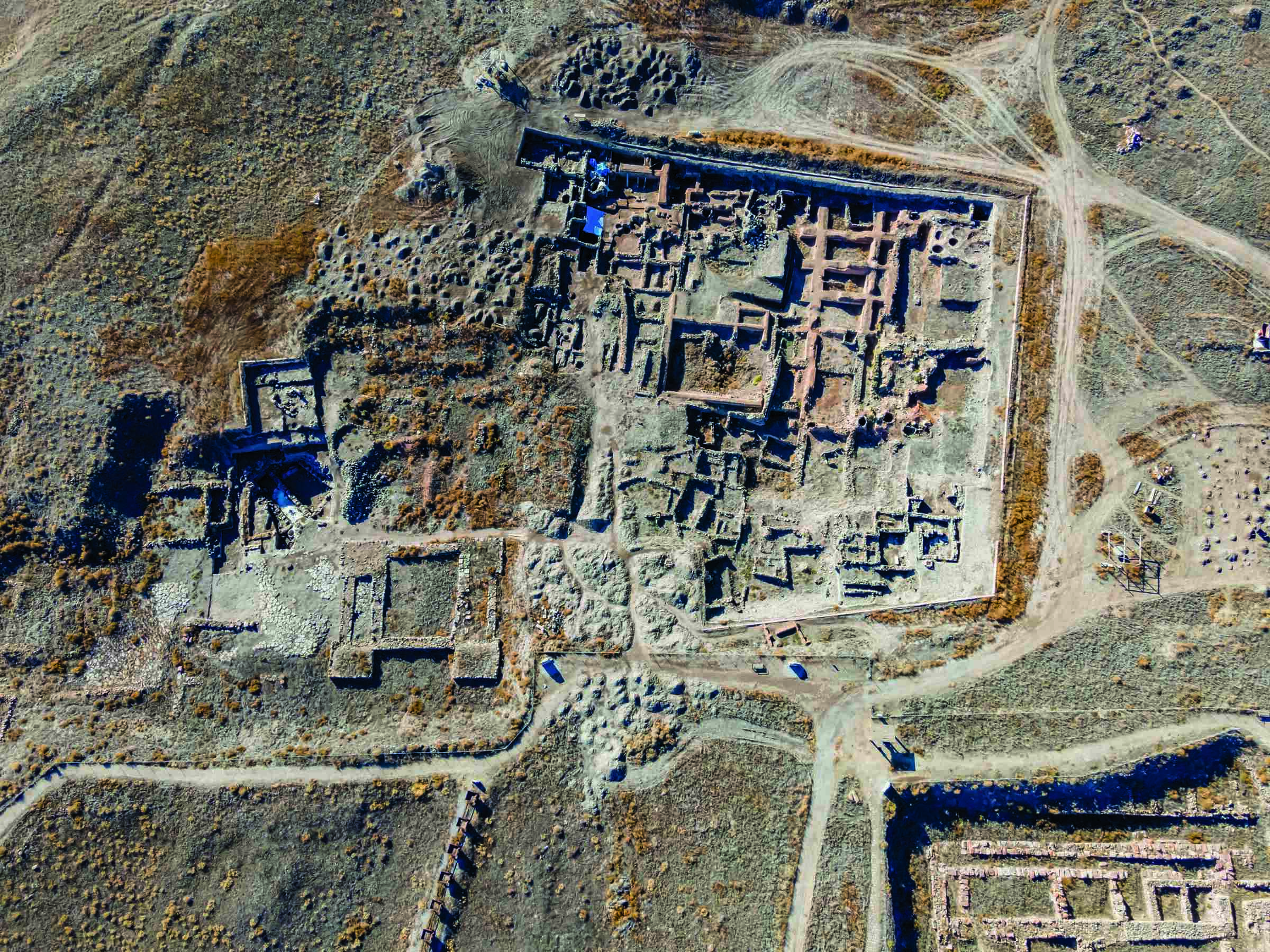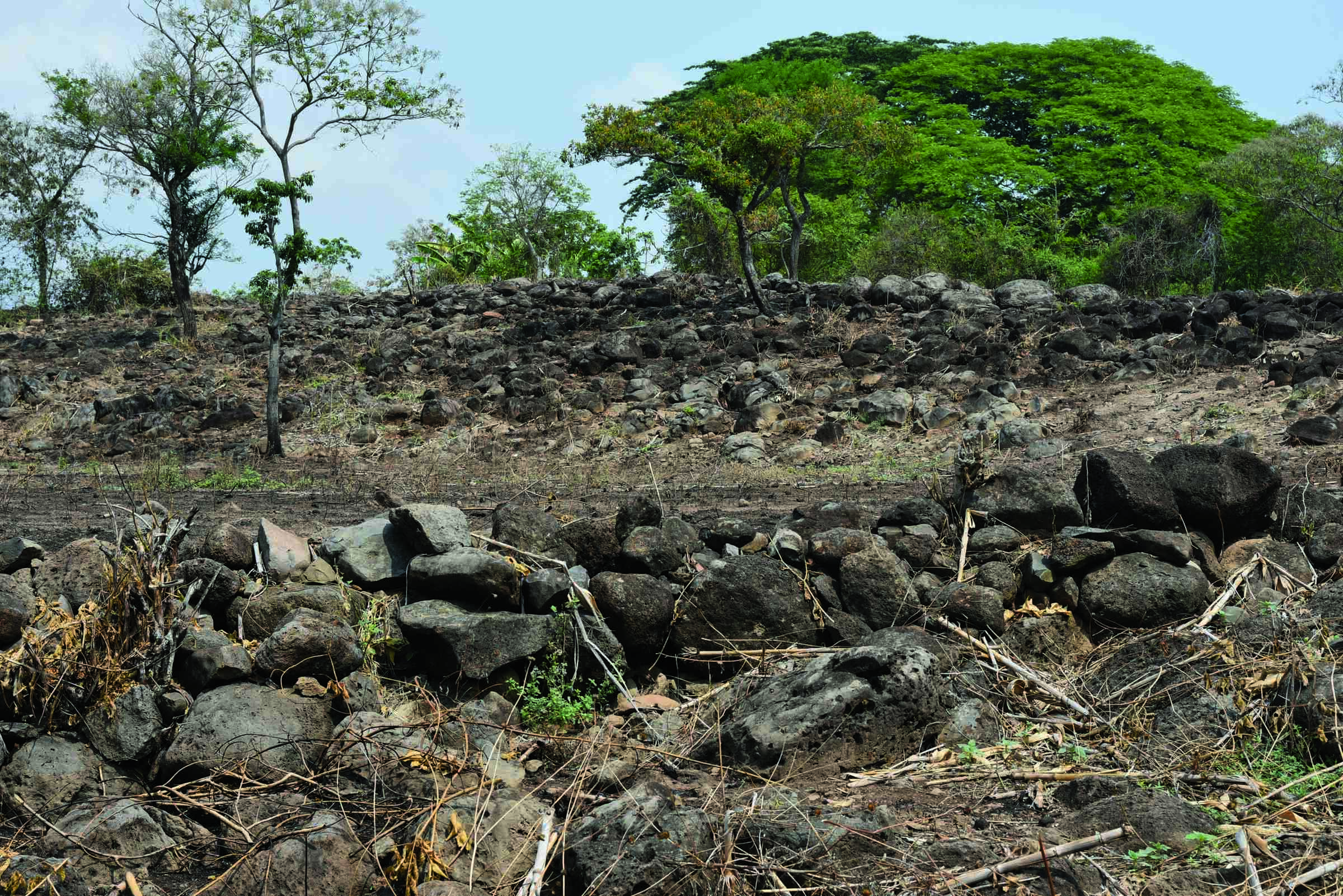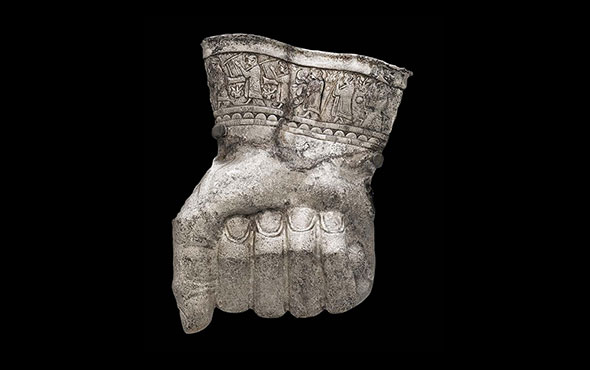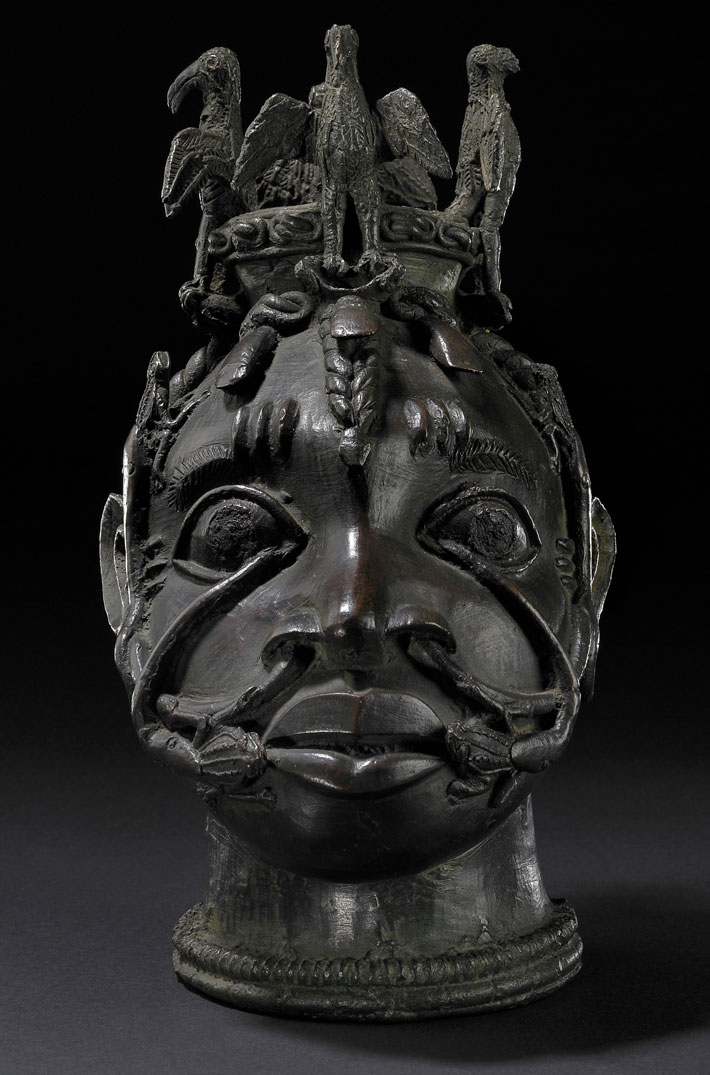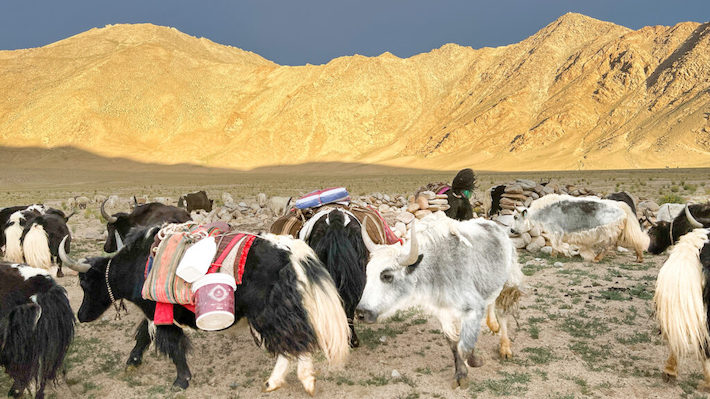
ST. LOUIS, MISSOURI—According to a statement released by Washington University in St. Louis, a new study suggests that yaks were domesticated by at least 2,500 years ago. The study included DNA and archaeological information from Bangga, a high-altitude village site on the Tibetan Plateau. After sorting through more than 10,000 mammal bones, an international team of researchers led by Hongliang Lu of Sichuan University identified 193 bones belonging to domestic cattle, yak, and their relatives. DNA samples taken from five well-preserved bones from this group were then analyzed. One of these samples turned out to be from a domesticated male yak. The four others were determined to be female taurine cattle, a type of cattle introduced to the Tibetan Plateau from Anatolia. “Identifying domestic yak and yak-cattle hybrids at Bangga is not only essential to the understanding of the origin of this charismatic creature, the yak, but also informs us in general about animal domestication pathways, in which gene flow between related stocks is increasingly appreciated,” said research team member Xinyi Liu of Washington University in St. Louis. Yak-cattle hybrids, the researchers explained, could produce more meat and milk and live at high elevations. Previous studies have shown that the people of Bangga also grew barley between 2,000 and 3,000 years ago, watered and fed their sheep, and consumed milk. Read the original scholarly article about this research in Science Advances. To read about a sacrificed yak and other animals buried in the tomb of a Chinese emperor, go to "Imperial Menagerie," one of ARCHAEOLOGY's Top 10 Discoveries of 2023.


